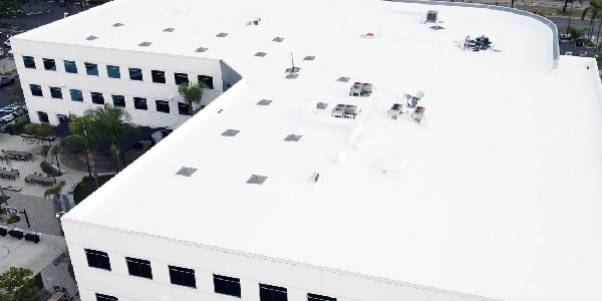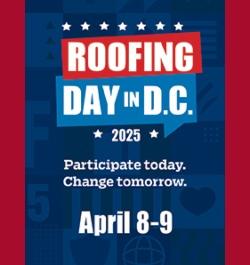Rules You Need to Know Before Flying Drones

By Adam Cabrera.
As drone technology enters the construction space, contractors are discovering the advantages of deploying these unique aerial tools.
In a recent episode of the Roofing Road Trips podcast, Heidi Ellsworth spoke to Susan Eccles of Adams and Reese law firm, an expert in construction law. Their conversation touched on everything from the benefits of drones in construction to the legal nuances surrounding their use.
Why drones? For starters, they revolutionize roof assessments. No longer must workers risk their safety on potentially hazardous surfaces. As Susan explained, "It's a great way for roofers to assess and evaluate the current roof on the property, without having to send someone up on a roof... and much more quickly. And then the return on investment is significant."
However, getting into drones isn't a mere purchasing decision. There are regulatory hurdles to jump. “For our roofer friends... have a pilot on your company team, because only a certified pilot can fly drones legally in this commercial application," Susan cautioned.
Privacy used to be a dominant concern with drones. Still, with the growing ubiquity of drone technology, such as in delivery services, these concerns have lessened. Contractors can further address this by informing individuals of drone usage at job sites.
Another key consideration is documentation. Capturing and maintaining drone data – be it before-and-after images, measurements, or 3D models – can serve as valuable evidence in construction projects, potentially addressing disputes or defects.
Moreover, contractors must understand that drones come with responsibilities. A clear contractual agreement with drone service providers is crucial, delineating responsibilities, data storage protocols, and other related matters.
For those keen on adopting drones, Susan’s advice is to first, “Ensure that you're compliant with the regs... And then think about how we can use these drones to make this project more efficient." It’s a thrilling frontier, and with the right guidance, contractors can confidently harness the power of drones in construction.
Learn more about Adams & Reese LLP in their Coffee Shop Directory or visit www.adamsandreese.com.
The information contained in this article is for general educational information only. This information does not constitute legal advice, is not intended to constitute legal advice, nor should it be relied upon as legal advice for your specific factual pattern or situation.
About Adam
Adam Cabrera is a writer and podcast producer for the Coffee Shops and AskARoofer™. When he isn't writing about roofs he enjoys camping in the Rocky Mountains, going to concerts and playing music.





















Comments
Leave a Reply
Have an account? Login to leave a comment!
Sign In